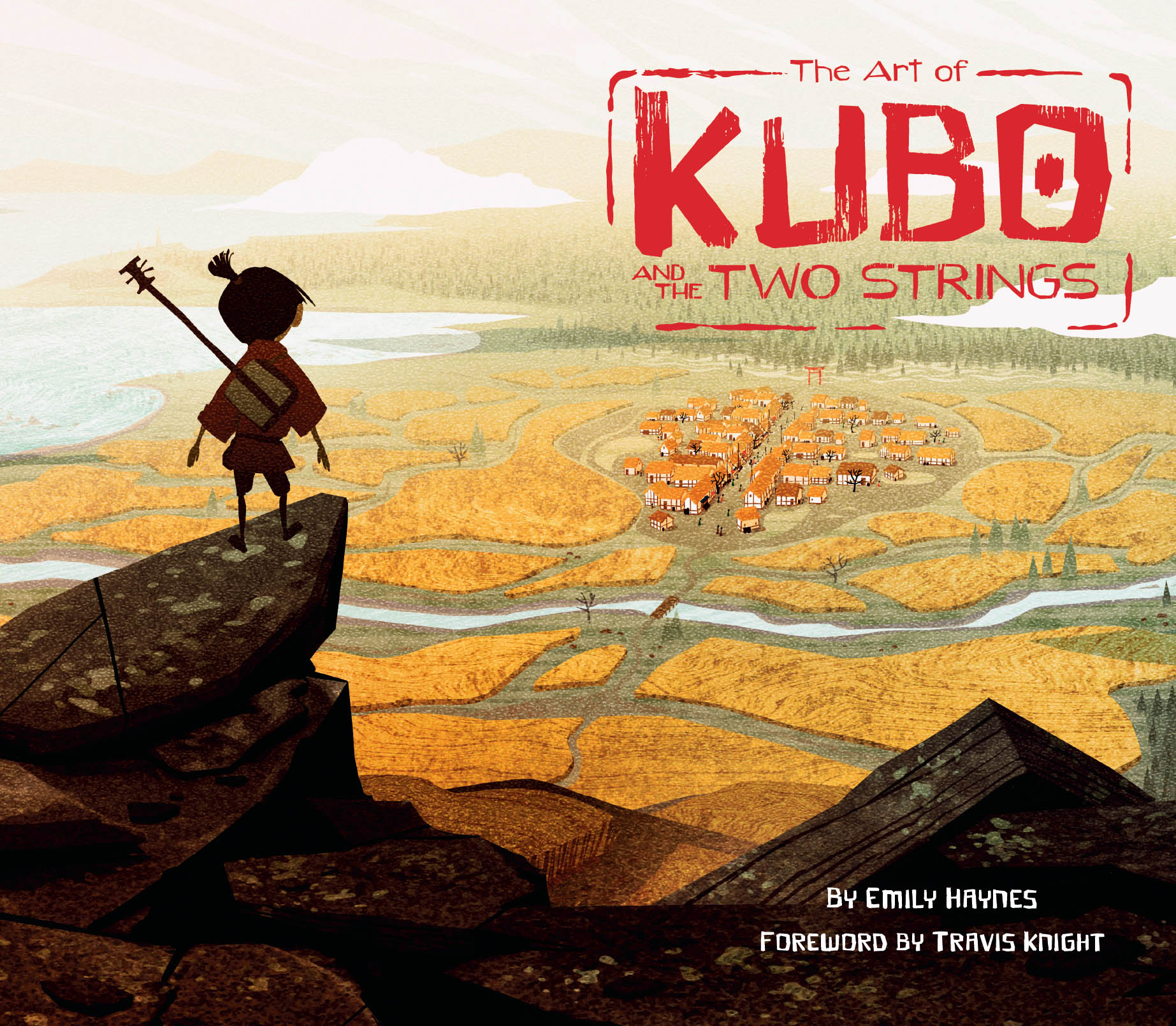
 Trevor Dalmer / digital If you must blink, do it now!
Trevor Dalmer / digital If you must blink, do it now!
Pay careful attention to everything
you see and hear,
no matter how unusual it may seem.
And please be warned: If you fidget,
if you look away,
if you forget any part of what I tell you,
even for an instant,
then our hero will surely perish.
His name is Kubo.
His grandfather stole something from him.
And that really is the least of it. Prologue, Kubo and The Two Strings Nelson Lowry / digital Kubo and the Two Strings the Movie 2016 TWO STRINGS, LLC, all character names and their distinctive likenesses: TM and 2016 TWO STRINGS, LLC. Licensed by Universal Studios Licensing LLC. All Rights Reserved. No part of this book may be reproduced in any form without written permission from the publisher. Library of Congress Cataloging-in-Publication Data is available.
Nelson Lowry / digital Kubo and the Two Strings the Movie 2016 TWO STRINGS, LLC, all character names and their distinctive likenesses: TM and 2016 TWO STRINGS, LLC. Licensed by Universal Studios Licensing LLC. All Rights Reserved. No part of this book may be reproduced in any form without written permission from the publisher. Library of Congress Cataloging-in-Publication Data is available.
ISBN: 978-1-4521-5315-5 (hc)
ISBN: 978-1-4521-5701-6 (epub, mobi) Design by Cat Grishaver. : Image of the gold barrel courtesy of Samuraiantiqueworld; image of the helmet, era 13501460 Metropolitan Museum of Art, courtesy of Art Resource, NY; image of the dtaku bronze bell courtesy of Rinsenzan Bairin-ji and the Kyoto National Museum; Shuten-doji The Trustees of the British Museum Chronicle Books LLC
680 Second Street
San Francisco, CA 94107
www.chroniclebooks.com
Contents

Ean McNamara / digital
Foreword
BY Travis Knight C hildhood is a crucible . No one emerges from it unscathed. I was a lonely kid. Growing up on a sylvan mountainside in rural Oregon, my early life was a pale Polaroid portrait of idyllic isolation. My childhood home was fifteen miles away from the nearest town, itself a country-fried place little more than a frontier watering hole.
It might as well have been on the other side of the world. I suppose it followed that I didnt have a particularly active social life. I made friends slowly, when I made them at all. But I didnt mind. Not really. Id spend those golden days exploring the vast evergreen forests near my house.
Scrambling up the sap-soaked branches of towering fir trees, stomping through shallow streams, and rock-hopping across desiccated creek beds, I would lose myself in the untamed wilderness right outside my front door. At home, nestled in my room, surrounded by teetering stacks of tattered paperbacks, splashy comic books, and warped, well-worn VHS tapes, I would lose myself in their stories. Star Wars . Tolkien. Greek and Norse mythology. Lone Wolf and Cub .
Those stories showed me the world through eyes that werent my own. They allowed me to wander through faraway lands, to experience someone elses story as if it were mine. And with every adventure I would come back somewhat changed. Those stories became a part of me.  Eventually I started creating my own. I scribbled down daydreams and conjured up characters and worlds for them to live in.
Eventually I started creating my own. I scribbled down daydreams and conjured up characters and worlds for them to live in.
At my older brothers Little League games, I would sit on the bleachers with my nose buried in my sketch book, happily drawing the outrageous exploits of lantern-jawed heroes and mustachio-twirling baddies, while a parade of fellowship whirled around me unnoticed. I loved decamping to those far-flung places. They gave me so much joy. But between imagining other lives and reading about the lives of others, I became faintly aware of the notion of lifes end. The idea would inevitably seep into the most powerful narratives, the specter of impermanence, of finality, of death. It troubled me.
Looking for reassurance, I sought out my closest friend, the font of all human knowledge, and the center of my universe, my mom. I asked her if she would die. And with a single word, my world was shaken and thrown upside down. Something changed. Something had been lost. Before long, what was once an abstraction became very real, as dear friends and loved ones passed irrevocably from my life.
Each loss a raw wound unhurriedly fading to a faint scar. But then, thats growing up, after all. Happiness and heartbreak locked in a tight embrace. Childhood is a kaleidoscopic wonderland teeming with beauty, magic, miracles, and discovery at every turn. But its also a fragile thing. Its an unguarded eggshell bombarded by fear, helplessness, uncertainty, and swelling darkness lurking at the edges.
The great Robert Frost wrote, Nothing gold can stay. And hes right. Beauty is transient. Magic is fleeting. Wonder fades, and life itself is not built to last. But, as it happens, there is something that can go on.
Our stories. Our memories. Long after the thing itself is gone, our memory of it can endure, thrive, and grow in power and meaning. Those are the essential ideas driving LAIKAs film Kubo and the Two Strings . We started developing the project five years ago. At the time, I was looking for something that was big, expansive, and epic in nature, evocative of those beloved stories of my childhood that spoke to a deep truth.
And then there it was. Like an epiphany, the original idea for Kubo burst brilliantly forth from the fertile mind of our remarkable character designer, Shannon Tindle. Over the next half-decade, a small group of us, including indefatigable producer Arianne Sutner, inspired scribe Marc Haimes, editor extraordinaire Christopher Murrie, and masterful polymathic Renaissance man Chris Butler, coaxed and shaped the story into existence. Along the way, we gathered a rogues gallery of wizards and geniuses, all bringing something of themselves to Kubos tale. We were magpies, scavenging from all aspects of our lives. Kubo became a patchwork of our dreams and nightmares roughly sewn together; childhood loves and obsessions tempered with the time-worn perspective of grown-up kids with kids of their own.
We meditated on memory and mortality. On loss and healing. On frailty, failing, and forgiveness. And underpinning everything: the roiling experience of childhood, where the world is menacing and magical, easily understood and utterly unknowable all at once. Thats what it means to be a kid. Childhood is a crucible.
We dont emerge from it unscathed. We all shoulder the bruises and battle scars of our youth, lugging them around for all to see or stowing them away in the dark cobwebbed corners within ourselves. Every scar is a memory, an indelible physical reminder of our past. But heres the funny thing: While scars can remind us of trauma, a scar is not merely a symbol of hurt. A scar is proof of healing. After the grief and anguish of being rent to shreds, a scar is the thing that makes us whole again.
Every mark and blemish is a part of our story. And our stories, in all their tragedy and triumph, are the reason were here. Telling them. Living them. Sharing them. And, ultimately, ending them.
Kubos story only exists because of the incredible artists who breathed life into it. These pages chronicle a half-decades journey of artistry, painstaking craftsmanship, ingenious innovation, sleep-deprived struggle, and soaring, high-spirited joy. This book is a gooey mash note and a song of praise to the artists, storytellers, and beautiful freaks at LAIKA, that fellowship of lonely, scarred, virtuosic misfits who somehow miraculously found each other and together brought a unique perspective to the world. This is our story. I hope you make it part of your own. Cheers, Travis 
Next page

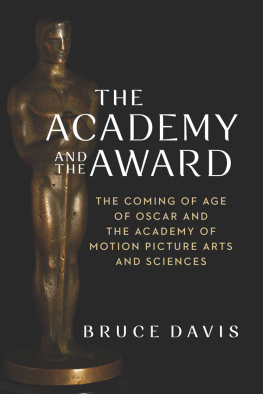

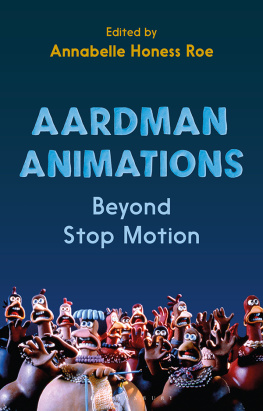
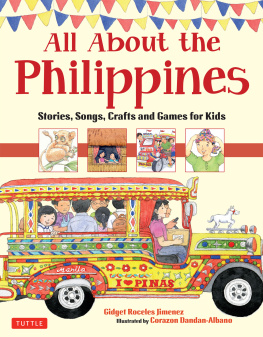
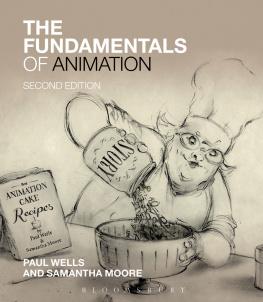

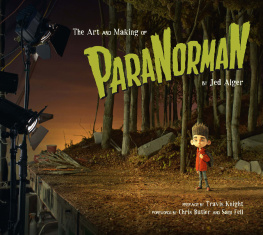
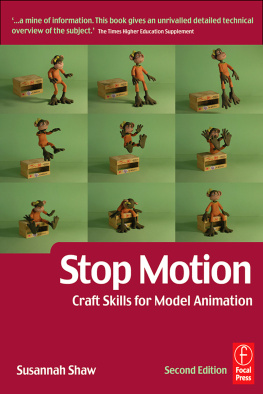

 Trevor Dalmer / digital If you must blink, do it now!
Trevor Dalmer / digital If you must blink, do it now! Nelson Lowry / digital Kubo and the Two Strings the Movie 2016 TWO STRINGS, LLC, all character names and their distinctive likenesses: TM and 2016 TWO STRINGS, LLC. Licensed by Universal Studios Licensing LLC. All Rights Reserved. No part of this book may be reproduced in any form without written permission from the publisher. Library of Congress Cataloging-in-Publication Data is available.
Nelson Lowry / digital Kubo and the Two Strings the Movie 2016 TWO STRINGS, LLC, all character names and their distinctive likenesses: TM and 2016 TWO STRINGS, LLC. Licensed by Universal Studios Licensing LLC. All Rights Reserved. No part of this book may be reproduced in any form without written permission from the publisher. Library of Congress Cataloging-in-Publication Data is available. Ean McNamara / digital
Ean McNamara / digital  Eventually I started creating my own. I scribbled down daydreams and conjured up characters and worlds for them to live in.
Eventually I started creating my own. I scribbled down daydreams and conjured up characters and worlds for them to live in.